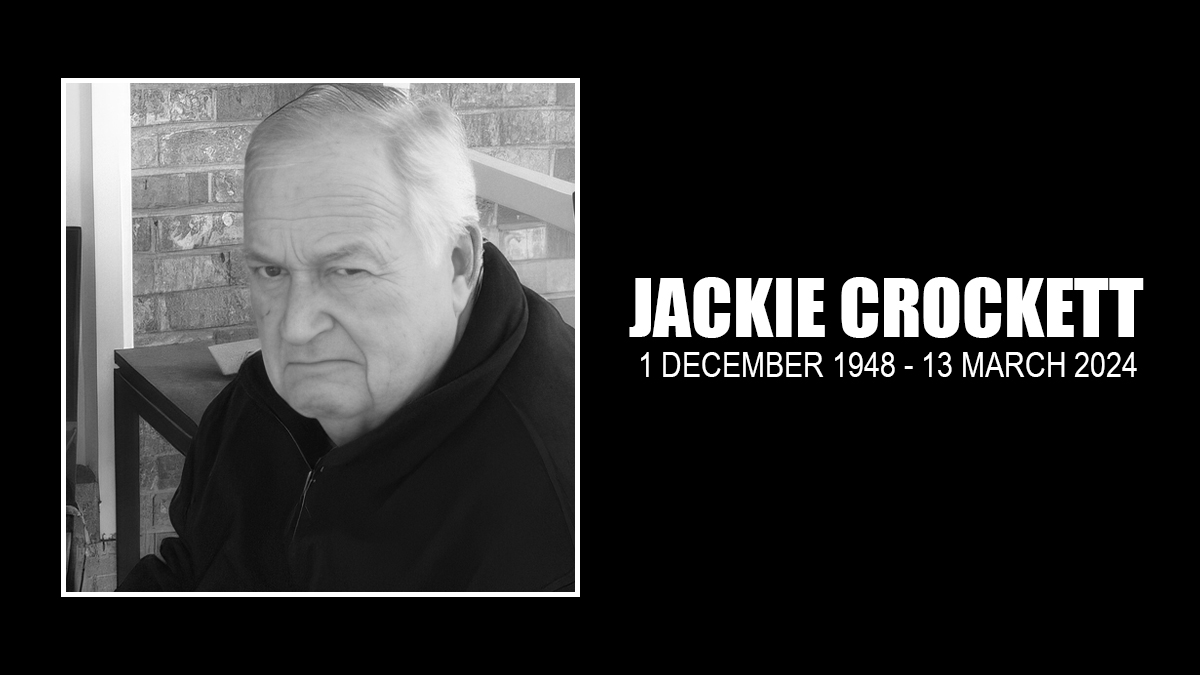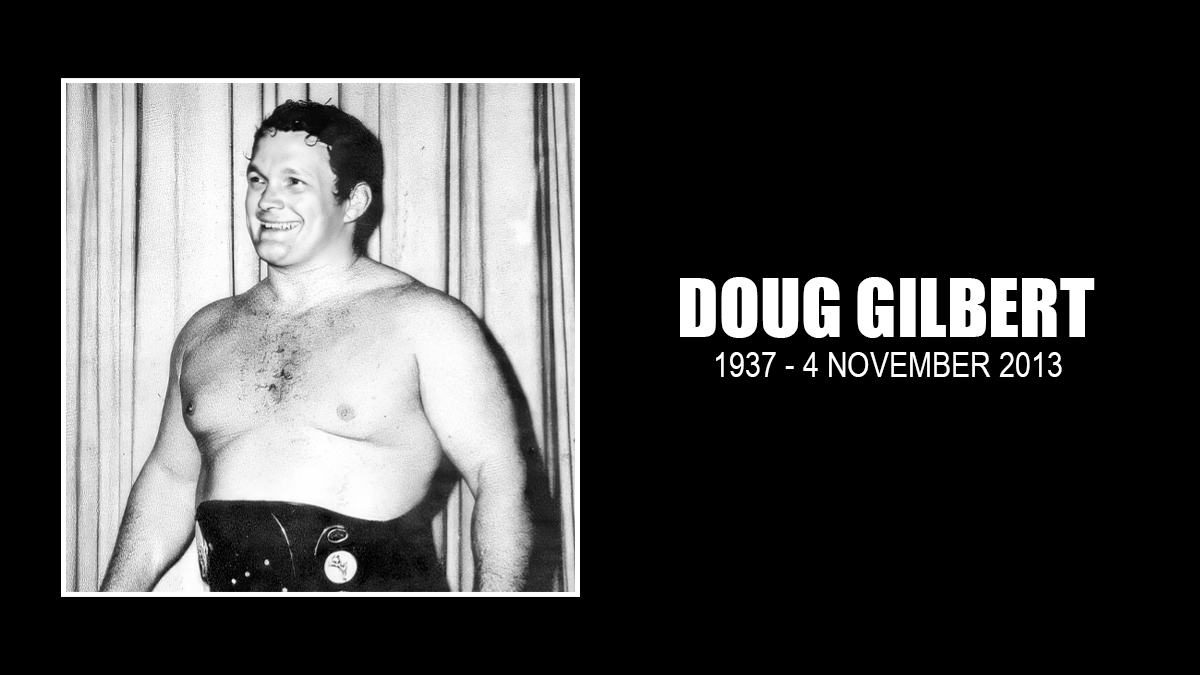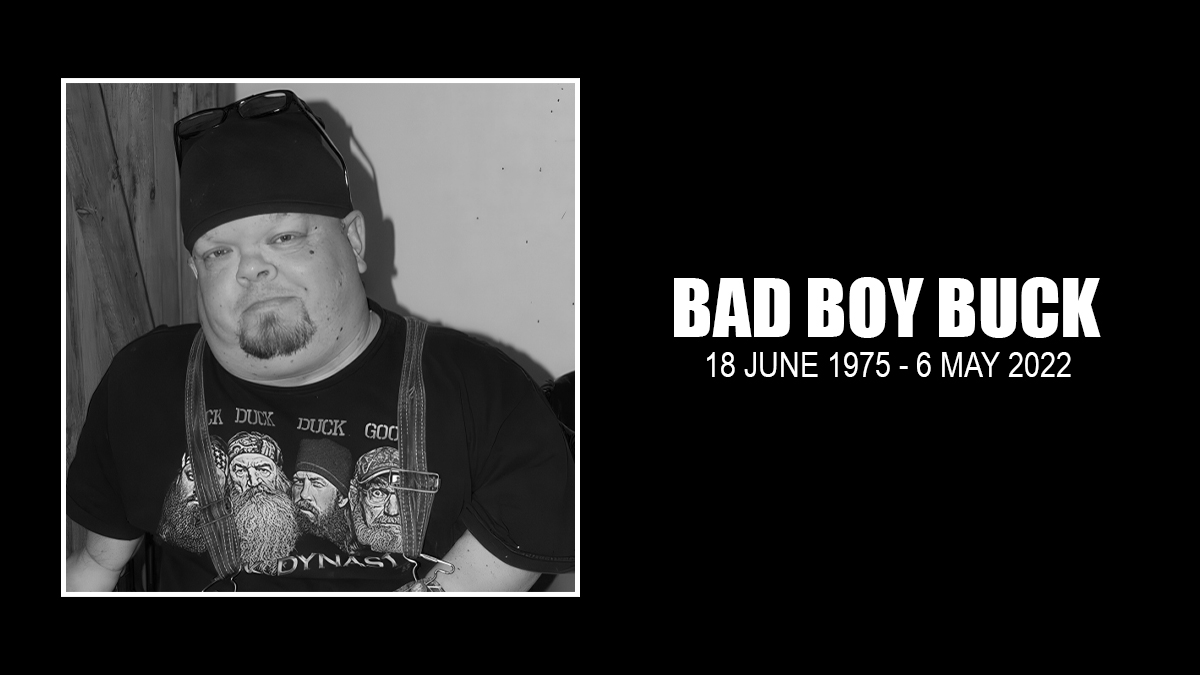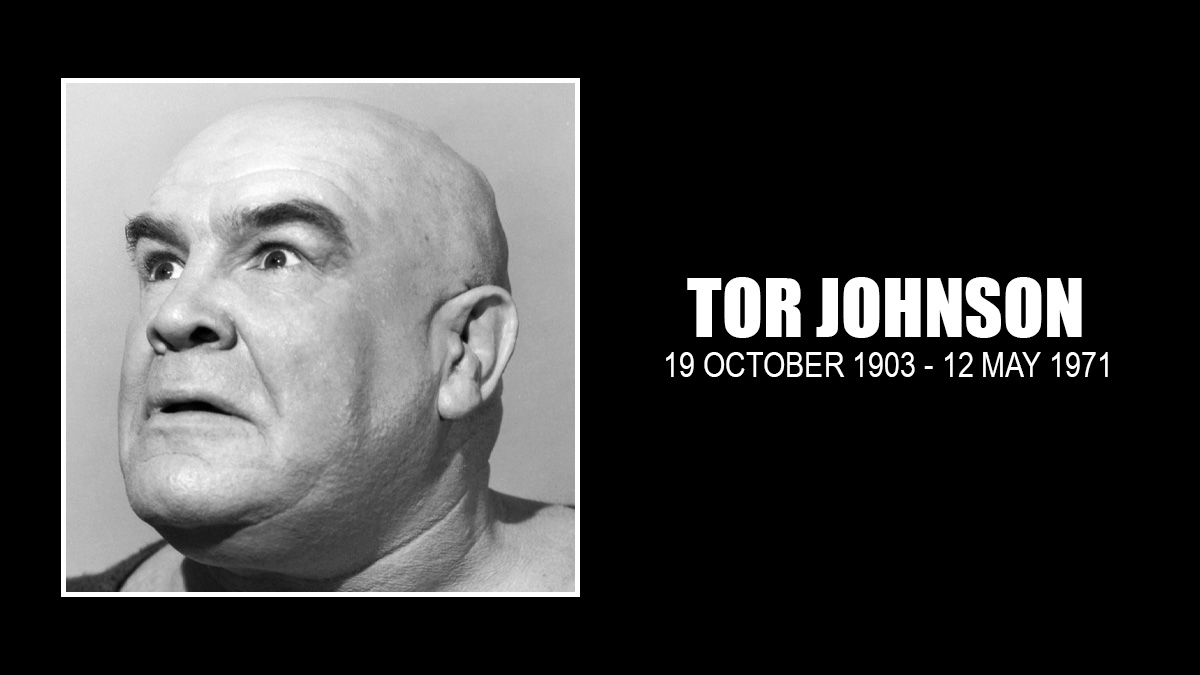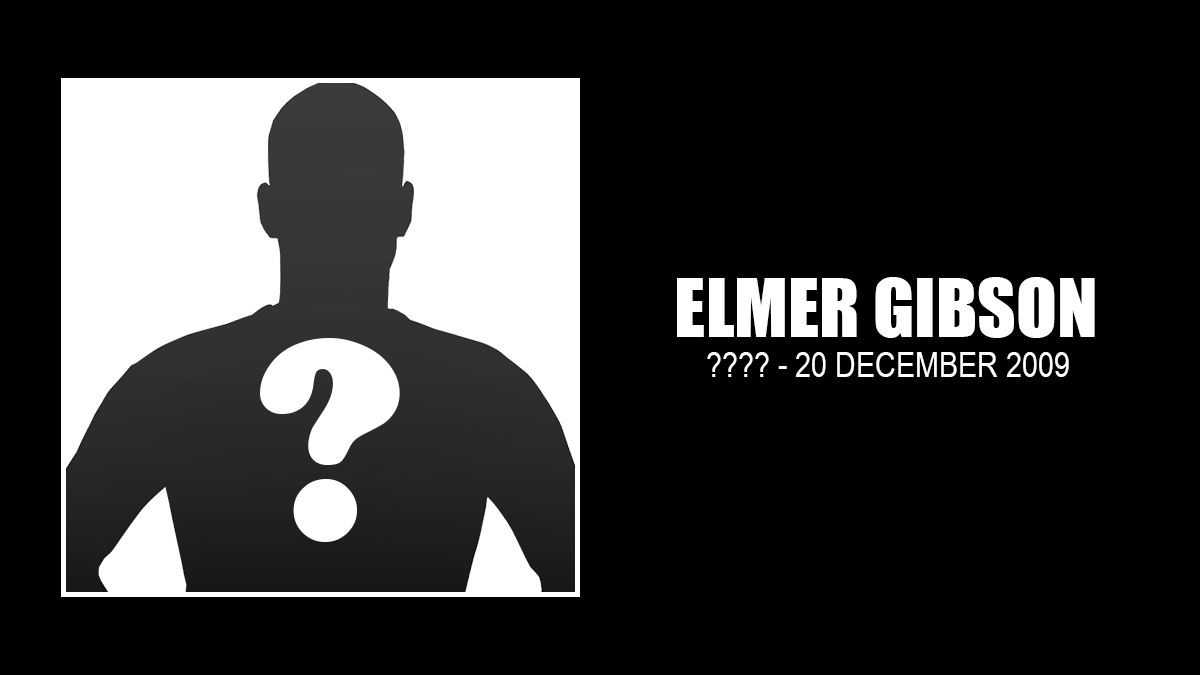Jackie Crockett, who died on Wednesday night, was more than just a cameraman for Jim Crockett Promotions and later WCW.
For one, he was the youngest brother of Jim Crockett Jr., and had grown up around the wrestling business, run out of Charlotte, NC, by their father, Jim Crockett Sr.
He also is responsible for the always entertaining R-Truth (Ron Killings) getting into the wrestling business.
As the cameraman, with the headphones on (in a time before wireless ear mics), he was the conduit between the production truck and the referee and wrestlers in the ring for their time counts.
In a podcast, Ric Flair and his co-host Conrad Thompson talked about Jackie Crockett.
Flair was lamenting one time he was in a hold too long, because he had missed a time-cue.
“Jackie would give the time to Tommy,” Flair said, referring to referee Tommy Young.
Thompson praised Crockett’s contributions. “Jackie’s like one of the unsung heroes of the Crockett outfit. We hear people talk about Jim all the time, we saw David all the time, but man, one of the guys who’s there, a lot of times right there in the middle of all this with you is Jackie.”
It’s impossible not to compare the four Crockett children. Jim Jr. ended up running the promotion after Jim Sr.’s death in 1973. David was involved both behind the scenes and as an announcer. Charles Jackson “Jackie” Crockett was a cameraman. Their sister, Frances, ran the Charlotte O’s minor-league baseball team, though her husband, John Ringley, had been involved with the wrestling side.
In a podcast, Jim Cornette said “Jackie was the fun Crockett.”
“He got all the personality that the rest of the family got shorted on. He was the youngest so it all dropped down to there,” said Cornette, who was a long-time manager in Jim Crockett Promotions / NWA.
When Jackie was on the handheld camera, he’d toy with Cornette. He’d go in close to Cornette during an interview, and flip Cornette’s tie off camera. “He’d either tie my ties in knots or mess with the tie,” laughed Cornette. Once, frustrated by the constant over-the-shoulder shots, Cornette pulled out some money to pay Jackie to stay back.
Wrestler Bob Cook, lamenting Jackie’s death, said that “Jackie was the only true, GOOD Crockett, unlike … Jim and David, Jackie didn’t have an ego, he was just one of the boys. He was fun to hang around, party with or just talk to during the day at TV tapings. He was simply laid back and down to earth, unlike his brothers who always acted like they were above the business unless you were one of their top stars they treated you as a lower life form.”
On an archived podcast, announcer Tony Schiavone called Jackie a “free spirit” who had his share of good times on the road. “I had so much fun with Jackie. God, he made me laugh a lot.”
Fans from Crockett, NWA, and WCW shows remember how friendly Jackie was, always talking with the people at ringside. He was a cameraman right up until the final WCW episode in 2001.
In a 2009 interview with the In Your Head radio program, Jackie explained that he worked in the business as a kid, hanging up posters, setting up the ring, selling tickets. Later, toiling as a cameraman, he said that he generally knew what was expected to happen, but always had to be on his toes for the unexpected.
That unexpected could be on the top of the War Games cage or at ringside surrounded by bikers at the WCW Hog Wild in Sturgis, North Dakota.
The Mid-Atlantic Gateway website noted that Jackie Crockett also appeared on camera:
Not many people realize that for a short period of time in 1985, Jackie stepped in front of the camera, too, hosting selected local promos that were inserted into the syndicated programs such as “Mid-Atlantic Championship Wrestling” and “World Wide Wrestling.” These segments were taped at the makeshift studio in a garage in the rear of the Crockett offices on Briarbend Drive.
In a 2013 interview, Killings said that he had been a wrestling fan, but had dreams of the music business.
“I originally wanted to be a rapper and musician. But a guy called Jackie Crockett, who was a senior cameraman for WWE, saw me and convinced me I had a lot more talent than this,” said Killings. “He said: ‘You do music, you rap and dance, and you love wrestling. You … have all this athletic ability. I think you’d be a great, great wrestler.’ For once in my life, I actually listened to this guy and the rest is history.” Crockett was Killings’ entry into the wrestling business, as he helped set up and tear down the ring as he began his training, with Jackie footing the bill.
Jackie Crockett was also involved with his family’s charity, The Crockett Foundation, which is a Charlotte-based non-profit that raises funds for military veterans.
In recent years, Crockett’s public appearances were in relation to The Crockett Foundation and to promote his photo-heavy book, When Wrestling Was Wrestling. Jackie was a photographer at the wrestling matches before becoming a cameraman>
PWInsider.com broke the news of Jackie’s death on March 13, 2024, at the age of 76. David Crockett talked to Mike Johnson about his brother’s failing health: “It has been a long journey for Jackie and he went out his way. Tonight Jackie’s breathing was very labored and when we thought he was gone, he would come back like a wrestling false finish.”
Jackie Crockett will be buried alongside his brother, Jim Jr., who died in 2021, and their parents, Jim Sr., and Elizabeth (nee Eversole) at the Glenwood Cemetery and Chapel Mausoleum, in Bristol, Sullivan County, Tennessee.
